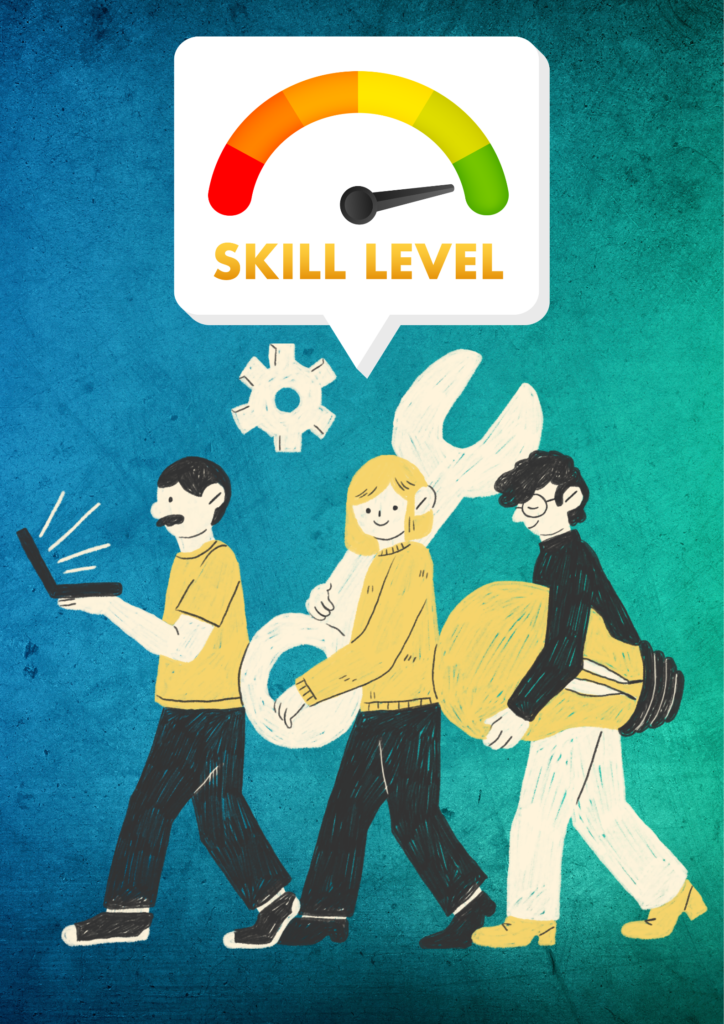The Imperative of Lifelong Learning

The landscape of the 21st century is characterized by unprecedented change, technological advancement, and global interconnectedness. In such a dynamic environment, the ability to adapt, innovate, and thrive hinges on a continuous pursuit of knowledge and skill acquisition. Lifelong learning, far from being a mere aspiration, has evolved into an indispensable imperative for personal and professional growth.
Fueling Personal Growth and Fulfillment
Learning new skills is akin to cultivating a garden of the mind. It nurtures intellectual curiosity, stimulates critical thinking, and expands one’s worldview. When individuals engage in the process of learning, they challenge their cognitive abilities, pushing the boundaries of their potential. This mental exercise not only enhances problem-solving skills but also fosters a sense of accomplishment and personal satisfaction. Moreover, acquiring new skills can lead to the discovery of hidden passions and talents, enriching one’s life with new interests and hobbies.
Enhancing Career Prospects and Employability
In today’s competitive job market, possessing a diverse skill set is no longer a luxury but a necessity. Industries are undergoing rapid transformation, driven by technological disruptions and evolving consumer demands. Professionals who can adapt to these changes and acquire in-demand skills are more likely to secure better job opportunities and advance their careers. Furthermore, continuous learning demonstrates a proactive attitude and a commitment to professional development, making individuals more attractive to employers.
Building Resilience and Adaptability
Life is replete with challenges and uncertainties. The ability to navigate through these complexities with grace and resilience is a hallmark of success. Learning new skills equips individuals with a toolkit of problem-solving strategies and coping mechanisms. When faced with adversity, those who possess a diverse skill set are better equipped to find alternative solutions and adapt to changing circumstances. Moreover, the process of learning itself fosters a growth mindset, enabling individuals to view challenges as opportunities for learning and development.
Fostering Innovation and Creativity
Innovation is the bedrock of progress. It drives economic growth, creates new industries, and improves the quality of life. Learning new skills exposes individuals to different perspectives, ideas, and approaches. This cross-pollination of knowledge can spark creativity and lead to the development of novel solutions to existing problems. When people are encouraged to explore new areas of interest and acquire new skills, they become more open-minded and receptive to unconventional thinking.
Strengthening Social Connections and Community Engagement
Learning is often a collaborative endeavor. Whether it’s through attending workshops, joining online communities, or participating in group projects, the process of skill acquisition can lead to the formation of valuable relationships. Shared experiences and common goals create a sense of belonging and foster a supportive learning environment. Moreover, acquiring new skills can enable individuals to contribute to their communities in meaningful ways. By sharing their knowledge and expertise, they can inspire others and create a positive impact on society.
In conclusion, the importance of lifelong learning cannot be overstated. It is the key to unlocking one’s full potential, achieving career success, building resilience, fostering innovation, and strengthening social connections. As the world continues to evolve at an accelerated pace, those who embrace a culture of continuous learning will undoubtedly thrive.










